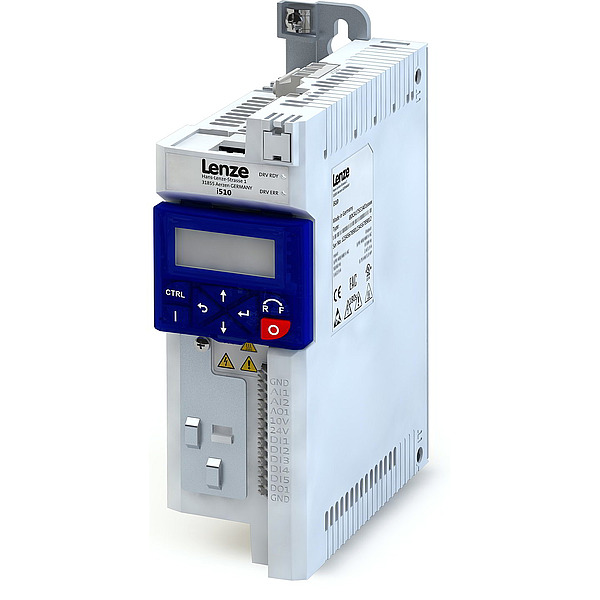Posted on 27th Apr 2024

In the dynamic landscape of industrial automation, precision is key. From high-speed manufacturing lines to intricate robotic assemblies, the demand for accuracy and efficiency has never been greater. At the heart of many advanced automation systems lies a crucial component: the smart linear motor. Let's explore what smart linear motors are, how they work, and their role in driving the next generation of industrial automation at CM Industry Supply Automation.
Linear motors are electromagnetic devices that produce motion in a straight line, as opposed to traditional rotary motors that generate rotational motion. Smart linear motors take this concept further by integrating advanced control capabilities, sensors, and feedback mechanisms, enabling precise and dynamic movement control in industrial applications.
Smart linear motors consist of a primary part, typically a stator, and a secondary part, often referred to as a mover or translator. The stator contains coils of wire arranged in a specific configuration, while the mover incorporates magnets or magnetic assemblies. When an electric current is applied to the stator coils, a magnetic field is generated, which interacts with the magnets on the mover, resulting in linear motion along the axis of the motor.
What sets smart linear motors apart is their ability to incorporate feedback sensors, such as encoders or linear scales, to provide precise position, velocity, and force control. This feedback loop enables real-time monitoring and adjustment of the motor's performance, ensuring accurate positioning and movement even in dynamic and rapidly changing environments.
Smart linear motors find application across a wide range of industrial sectors, driving innovation and efficiency in various processes:
Precision Manufacturing: In industries such as semiconductor manufacturing, precision optics, and microelectronics assembly, smart linear motors play a vital role in positioning and handling delicate components with sub-micron accuracy.
High-Speed Packaging: In automated packaging lines, smart linear motors enable rapid and precise movement of packaging materials, ensuring seamless synchronization and high throughput while maintaining product quality and integrity.
Medical Devices: From automated laboratory equipment to medical imaging systems, smart linear motors provide the precision and reliability required for critical medical device applications, such as sample handling, imaging table positioning, and surgical robotics.
Automated Logistics: In warehousing and distribution centers, smart linear motors power conveyor systems, sorting mechanisms, and robotic pick-and-place systems, optimizing material flow and throughput while minimizing errors and downtime.
3D Printing and Additive Manufacturing: Smart linear motors are instrumental in additive manufacturing processes, where precise movement control is essential for building complex geometric shapes layer by layer with high dimensional accuracy.
The adoption of smart linear motors offers several advantages for industrial automation:
High Precision: Smart linear motors provide precise and repeatable positioning, making them ideal for applications requiring tight tolerances and fine control.
Dynamic Performance: With rapid acceleration and deceleration capabilities, smart linear motors excel in dynamic motion applications, enabling fast and responsive operation.
Flexibility: Smart linear motors can adapt to a wide range of motion profiles and trajectories, allowing for versatile integration into diverse automation systems.
Energy Efficiency: Compared to traditional mechanical transmission systems, smart linear motors can be more energy-efficient, minimizing power consumption and reducing operating costs.
Maintenance-Free Operation: Smart linear motors have fewer mechanical components prone to wear and tear, leading to reduced maintenance requirements and increased system reliability.
According to CM Industry Supply Automation (Lenze Drive & Keb Drive Supplier) Smart linear motors represent a paradigm shift in industrial automation, combining precision motion control with advanced sensing and feedback capabilities to enable unprecedented levels of accuracy, efficiency, and flexibility. As technology continues to evolve, smart linear motors will continue to play a crucial role in driving innovation and powering the next generation of automated systems across a wide range of industries.